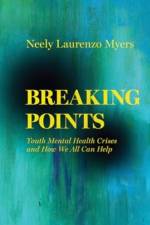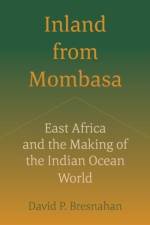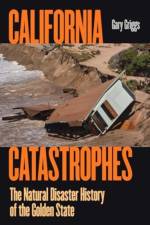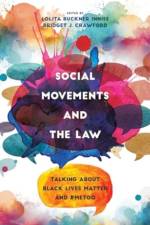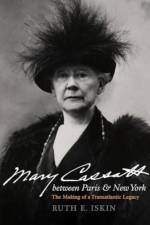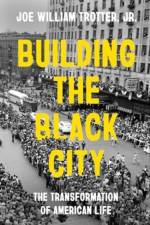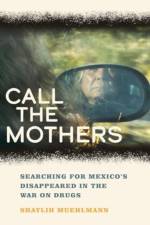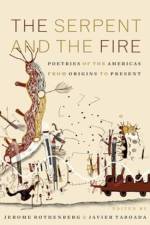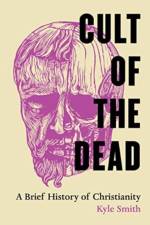av Iris Jamahl Dunkle
361
"No novelist captured the relentless devastation of the Dust Bowl of the 1930s, or the cruel treatment of the desperate 'Okies' forced to leave their homes on the Plains for California, better than Sanora Babb. In this biography, Iris Jamahl Dunkle explains why. Hardship, hunger and struggle, discrimination and stubborn prejudice, big dreams thwarted by fate and bad luck--these were also recurring elements of Babb's own remarkable personal story. But she met it all with an indomitable will, a vivaciously free spirit, and an unbending devotion to her artistic vision. Riding Like the Wind is a both heartbreaking and heroic tale that brings to vivid life an important American writer who never received the critical acclaim and commercial success she deserved."--Ken Burns and Dayton Duncan, producers of The Dust Bowl "In my years of researching the lost historical stories of resilient women, few have resonated with me as much as Sanora Babb. A journalist and writer, she was a true trailblazer and a woman who deserves to be remembered for her contributions to both literature and history. This recognition and remembrance of her work is long overdue. I am thrilled that Dunkle has chosen to shine a light on the heartbreaking story of Babb's life and her remarkable novel about the Dust Bowl and the migration of workers to California during the Great Depression. I hope this book encourages readers to also read Whose Names Are Unknown, Babb's account of the period."--Kristin Hannah, author of The Four Winds and The Women "Dunkle is doing fascinating work as a biographer and cultural historian and makes it succeed because she is a brilliant and vivid storyteller."--Robert Hass, Poet Laureate of the United States, 1995-1997 "This amazing book has changed forever my sense of what it really means to be an American. Dunkle joins today's ranks of women biographers who blow open a closed canon of novels and novelists with her keenly researched and powerfully written saga of the life and times of Sanora Babb. Babb should be read alongside Steinbeck by every high school kid--and Dunkle shows us why."--Alicia Ostriker, New York State Poet, 2018-2021 "Dunkle, through her extensive research and passion for her subject, brings Sanora Babb, a vibrant woman ahead of her times, to life. And it's about time! Dunkle captures the spirit, not just the facts, of Babb's life. By meticulously reading her letters and other unpublished material, Dunkle gets the reader inside Babb's head and motivations, revealing an even more adventurous and complex life than previously imagined. Thanks to plentiful excerpts from Babb's work, the reader experiences and understands her compassion for the outsider and her intimate connection to nature as told through her lyrical writing style. This will be a movie--no doubt."--Joanne Dearcopp, literary executor, agent, and friend of Sanora Babb





